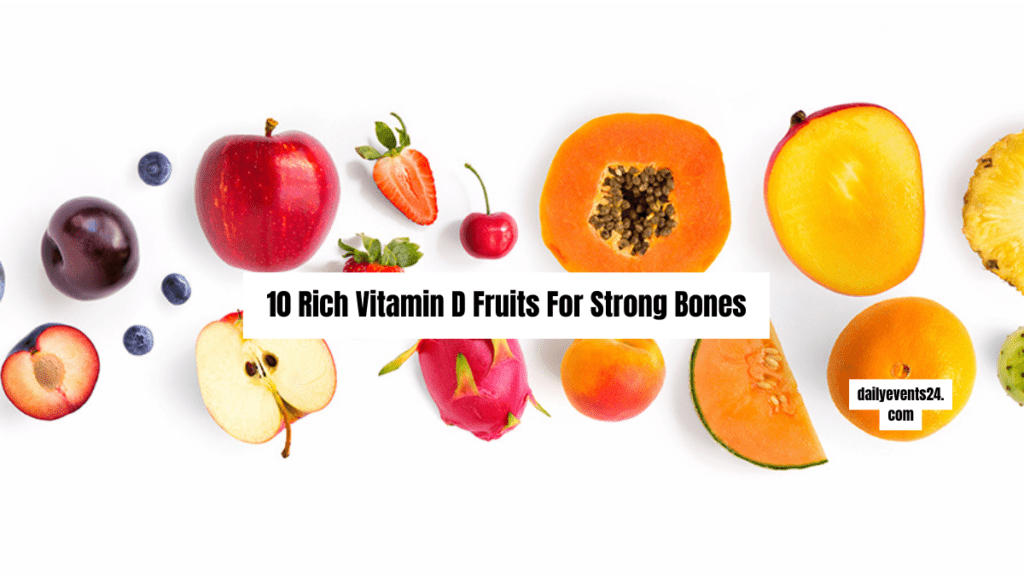Wellhealth how to build muscle tag: Many people, from fitness enthusiasts to professional athletes, want to build muscles। Achieving this requires a balanced diet, efficient workouts, and a healthy lifestyle। WellHealth provides you with essential advice on effective muscle building in this guide।
Here are some easy ways How to Build muscle tag in 2024. By following this article seriously you can see results in just few months. Muscle growth, also known as hypertrophy, occurs when muscle fibers repair themselves after being stressed by physical activity. This process requires adequate nutrition, consistent exercise, and sufficient rest.
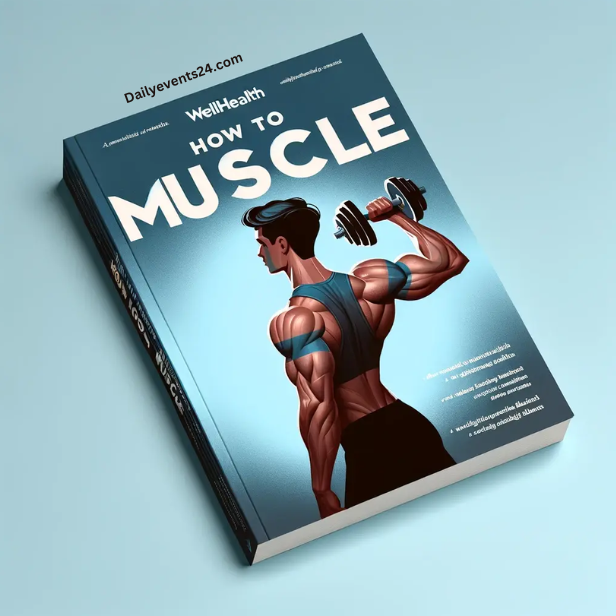
Table of Contents
Step-by-Step Guide to Wellhealth How To Build Muscle tag
Muscle growth takes time and patience. Beginners might see noticeable changes within the first few months, while experienced lifters may experience slower progress. Focus on long-term consistency rather than quick results. Guide for Wellhealth How To Build Muscle tag
1. Set Clear Goals
- Determine what you want to achieve with your muscle-building efforts. Are you aiming for overall muscle mass, or are you focusing on specific areas like arms, legs, or back?
- Having clear goals helps you tailor your workout and nutrition plan to your specific needs. For example, if you want broader shoulders, you’ll incorporate more shoulder exercises into your routine.
Track Your Progress:
- Keeping track of your workouts, diet, and measurements can help you stay motivated. Use a journal, app, or spreadsheet to record your progress.
- Regularly reviewing your progress allows you to see what’s working and make necessary adjustments. For instance, if you’re not seeing gains in a particular area, you might need to adjust your exercise or diet plan.
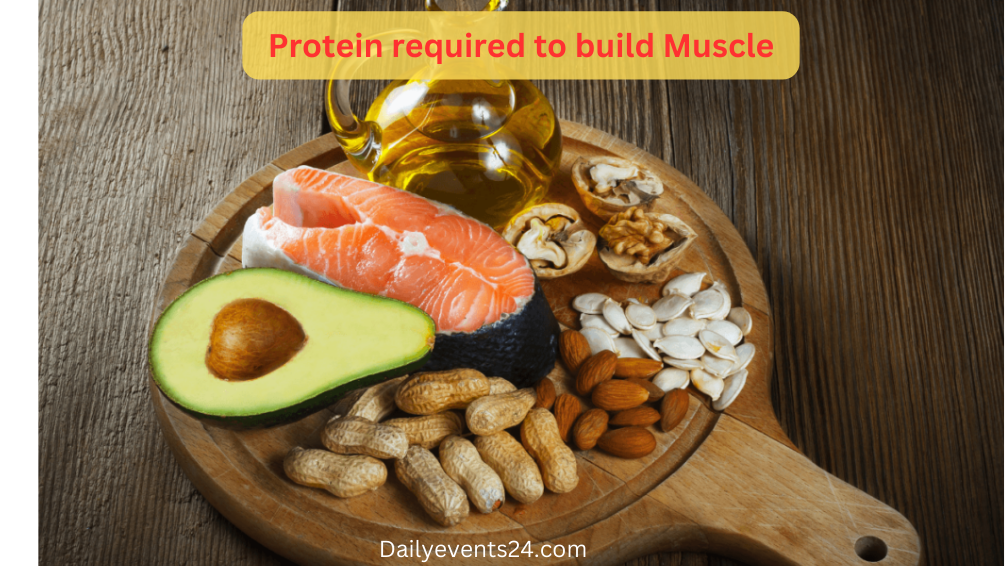

2. Nutrition is Key
- Protein Intake: Protein is essential for muscle repair and growth. Aim for 1.2 to 2.2 grams of protein per kilogram of body weight daily.
- Balanced Diet: Incorporate healthy fats and carbohydrates to fuel your workouts and support recovery.
- Hydration: Drink plenty of water to keep your muscles hydrated and functioning optimally.
3. Effective Workouts
- Strength Training: Focus on compound exercises like squats, deadlifts, bench presses, and pull-ups. These exercises engage multiple muscle groups and promote muscle growth.
- Progressive Overload: Gradually increase the weight, intensity, or volume of your workouts to continuously challenge your muscles.
- Rest Periods: Allow adequate rest between sets. Typically, 60-90 seconds for hypertrophy-focused training.
4. Consistency and Routine
Regular Workouts:
- Train each muscle group at least twice a week. This frequency helps stimulate muscle growth without overtraining.
- Plan your workouts in advance and stick to a consistent schedule to build a habit and ensure balanced muscle development.
Recovery Time:
- Ensure you get enough sleep (7-9 hours per night) and rest days. Muscle growth occurs during rest, not during the workout itself, as the body repairs and rebuilds muscle fibers.
- Overtraining can lead to injuries and hinder progress. Listen to your body and allow adequate recovery time.
5. Supplementation
- Protein Supplements: Consider whey or plant-based protein powders to meet your daily protein needs.
- Creatine: A well-researched supplement that can help improve strength and muscle mass.
- Branched-Chain Amino Acids (BCAAs): These can help reduce muscle soreness and improve recovery times.
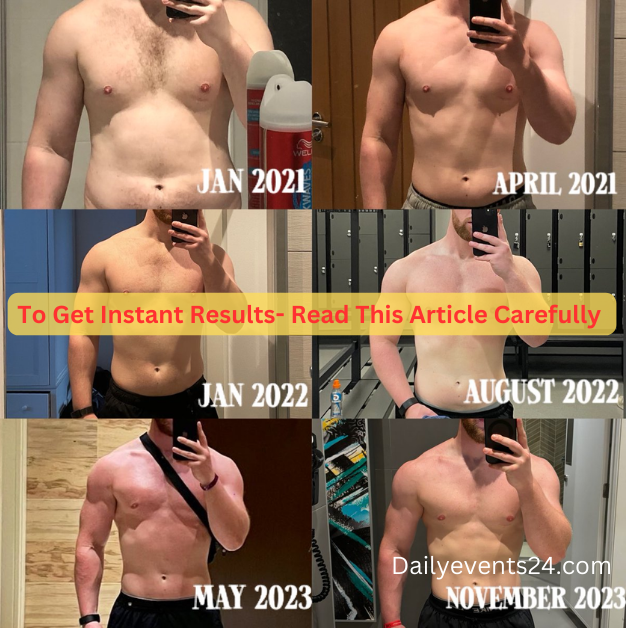

Protein Supplements:
- Consider whey or plant-based protein powders to meet your daily protein needs, especially if you find it challenging to consume enough protein through food alone.
- Protein shakes can be convenient post-workout meals that provide your muscles with the necessary nutrients for repair and growth.
Creatine:
- Creatine is a well-researched supplement known to improve strength, increase muscle mass, and enhance workout performance.
- It helps the body produce more ATP (adenosine triphosphate), which provides energy for muscle contractions.
Branched-Chain Amino Acids (BCAAs):
- BCAAs (leucine, isoleucine, and valine) can help reduce muscle soreness, improve recovery times, and support muscle growth.
- They are especially useful during and after workouts to prevent muscle breakdown and promote recovery.
These are the basic steps for Wellhealth how to build muscle tag
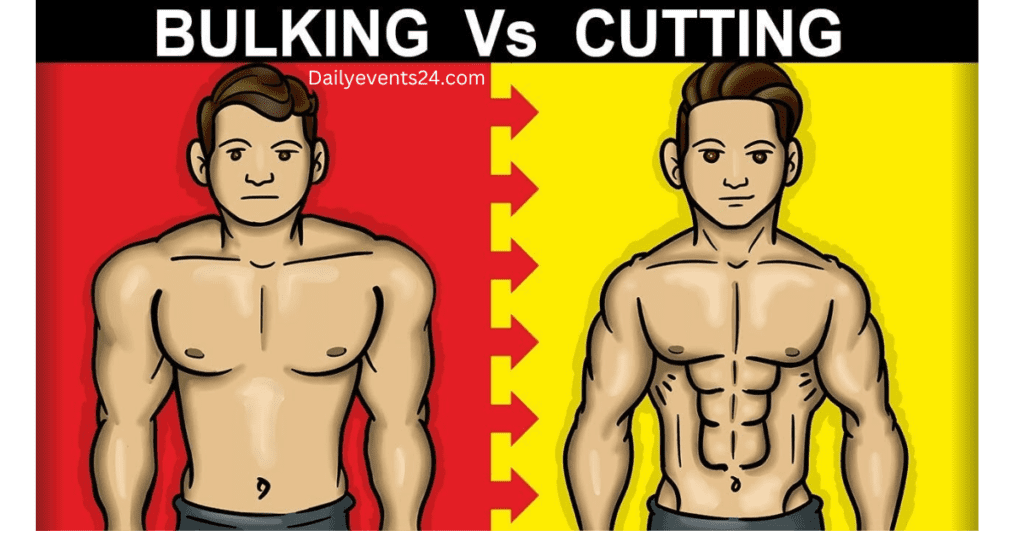

Common Mistakes to Avoid for How to Build Muscle Tag
Overtraining: More isn’t always better. Overtraining can lead to injuries and hinder muscle growth.
Neglecting Form: Proper form prevents injuries and ensures the targeted muscles are worked effectively.
Inconsistent Diet: Skipping meals or failing to consume enough nutrients can stall muscle growth.
3 simple Exercises for hair growth 2024
10 Rich Vitamin D Fruits For Strong Bones- Stay Strong
1. How long does it take to build muscle?
Answer: The time it takes to build muscle varies depending on factors like workout intensity, diet, and genetics. Beginners may start seeing noticeable changes within 6-8 weeks, while more experienced lifters might take longer to see significant progress.
2. What is the best diet for muscle growth?
Answer: A diet rich in protein, healthy fats, and complex carbohydrates is best for muscle growth. Aim for 1.2 to 2.2 grams of protein per kilogram of body weight, include healthy fats like avocados and nuts, and choose complex carbs such as oats and brown rice.
3. How often should I work out to build muscle?
Answer: It’s generally recommended to train each muscle group at least twice a week. Consistency is key, so aim for 3-5 workout sessions per week, ensuring you allow for adequate rest and recovery.
4. Can you build muscle without weights?
Answer: Yes, muscle can be built without weights through bodyweight exercises like push-ups, pull-ups, squats, and lunges. Resistance bands and calisthenics are also effective methods for muscle growth without traditional weights.
5. What supplements should I take to build muscle?
Answer: Common supplements for muscle building include protein powders (whey or plant-based), creatine, and branched-chain amino acids (BCAAs). Always consult with a healthcare professional before starting any supplement regimen.
6. How important is sleep for muscle growth?
Answer: Sleep is crucial for muscle growth. During sleep, your body repairs and builds muscle tissue. Aim for 7-9 hours of quality sleep per night to optimize muscle recovery and growth.
7. Should I do cardio if I want How to build muscle tag?
Answer: Yes, incorporating cardio can help improve overall fitness and aid in muscle recovery. However, balance is important—too much cardio can hinder muscle growth. Aim for moderate cardio sessions, 2-3 times a week.
8. What are the best exercises for building muscle?
Answer: Compound exercises such as squats, deadlifts, bench presses, and pull-ups are highly effective for building muscle as they engage multiple muscle groups. Including isolation exercises like bicep curls and tricep extensions can also help target specific muscles.
9. Can I build muscle on a vegetarian or vegan diet?
Answer: Yes, muscle can be built on a vegetarian or vegan diet by consuming adequate protein from plant-based sources like legumes, tofu, tempeh, quinoa, and plant-based protein powders. Ensuring a balanced intake of all essential nutrients is key.
10. How can I avoid muscle soreness after workouts?
Answer: To minimize muscle soreness, ensure you warm up before workouts and cool down afterward. Incorporating stretching, foam rolling, and staying hydrated can also help. Gradually increasing workout intensity rather than jumping into high-intensity exercises can prevent excessive soreness.
Follow this youtube video to easily understand the above article 👇🏻
-


Bangladesh Quota Protest 2024- Truth Behind Protest
-


Ratha Yatra 2024- About History Of Jagannath Temple Free
-


Solah Somwar Vrat Katha 2024- Pooja Vidhi Free
-


Sawan Somwar Vrat Katha 2024- व्रत कथा

